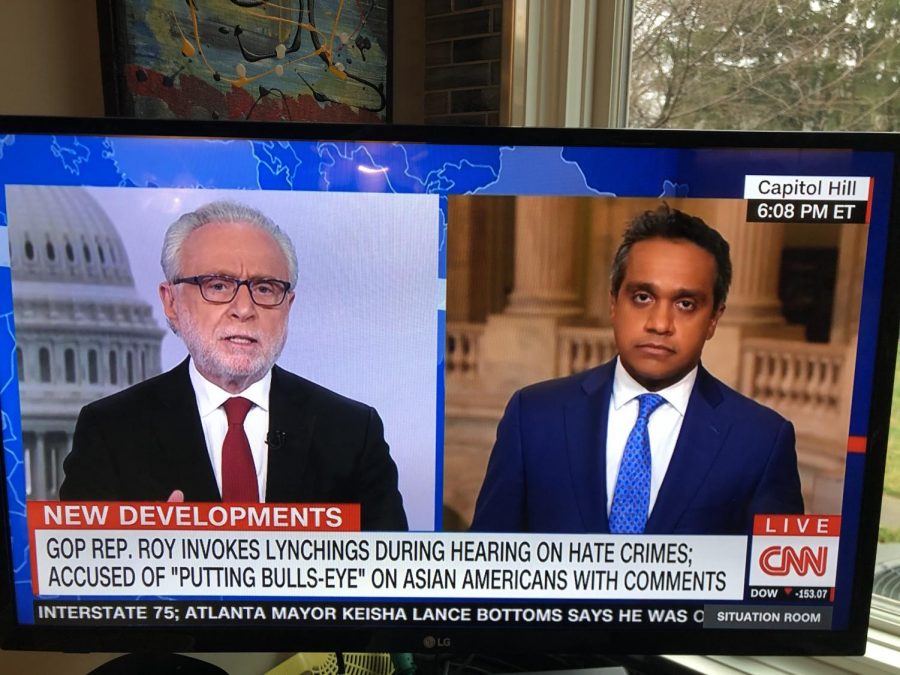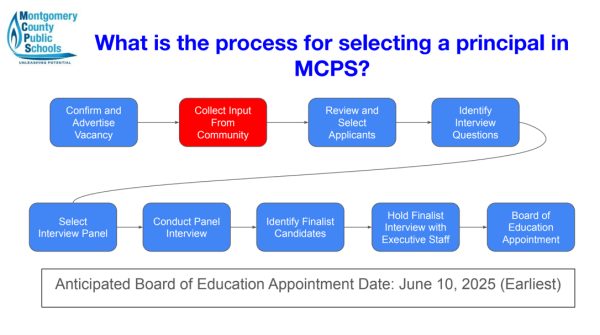Attacks against Asian Americans rise amid pandemic
CNN reporters discuss recent shootings in Georgia amid rise in anti-Asian hate crimes.
If you turn on any news channel, open any social media platform or read any newspaper, you are bound to see stories and information regarding the increase in anti-Asian violence in the United States since the start of the Coronavirus pandemic.
Discrimination after traumatizing events is not uncommon. After the 9/11 terrorist attacks, racial and ethnic bias against Middle Easterners spread across the United States. Though stemming from a place of fear and suspicion, this xenophobia resulted in division between communities, as well as hate crimes and violence toward certain groups. Currently, our country is witnessing a similar bout of racism, as Asian Americans are being targeted amid the pandemic.
The Coronavirus was first found in Wuhan, China, and former President Trump made it apparent he believed the Chinese were to blame for this worldwide outbreak. Because some politicians and news outlets consistently referred to Coronavirus as “The Chinese Virus,” negativity toward Chinese Americans, as well as those of other Asian descents, has increased dramatically. “It’s utterly disappointing to see Asians not only in America but in Europe, being beaten, robbed and discriminated against by not even the majority but other minorities. How could you stand with a movement that represents equality for minorities but discriminate against Asians?” senior Meghan Harris said.
Hate crimes against members of these communities have risen exponentially this past year, making the correlation between the pandemic and this xenophobia clear. National Public Radio discussed these statistics, stating that “hate crimes against Asian Americans in 16 cities rose by 150 percent in 2020, a recent report from the Center for the Study of Hate and Extremism at California State University, San Bernardino revealed. These incidents range from violent attacks and verbal abuse to the vandalization of Asian-owned businesses.”
Though prevalent all over the country, cities are the main hubs for the recent anti-Asian violence. According to TIME Magazine, “the uptick in attacks in 2021 has been particularly focused in the Bay Area, especially in San Francisco and Oakland’s Chinatowns.”
Numerous anti-Asian hate crimes have gone unreported or have not been acknowledged as criminal offenses. Cynthia Choi, co-founder of the organization Stop AAPI addressed this disparity, stating that “roughly 70 percent of the incidents reported to Stop AAPI Hate have been ‘heinous’ and ‘despicable’ but not illegal.”
A small number of hate crimes are actually prosecuted since there is a large burden of proof to prove a crime was racially motivated. With this in mind, Democratic lawmakers are planning to introduce a bill addressing the recent anti-Asian hate crimes, which would, according to usatoday.com, “create a new position at the Department of Justice to facilitate the review of hate crimes and provide oversight of hate crimes related to COVID-19.”
Though this legislation is important, educating individuals and providing assistance to those afflicted is crucial. According to the Associated Press, Choi “wishes news cycles would focus not just on the latest crimes but the solutions being discussed. Policing and prosecution aren’t necessarily the answers,” she said. COVID-19 vitriol is rooted in more than a century of anti-Chinese and anti-immigrant attitudes. She and other advocates think more investment in education and community resources could help get at those root causes.
Signing petitions, staying informed, supporting friends and community members and being an ally to those impacted during this time are few of the ways you can get involved in a positive way. Additionally, according to TIME Magazine “the Anti-Police Terror Project, the Ella Baker Center for Human Rights and the Asian Pacific Environmental Network have joined forces on initiatives like recommending that people show their support by frequenting Chinatowns and their merchants and showing solidarity by wearing yellow.”
Your donation will support the student journalists of Thomas S. Wootton High School. Your contribution will allow us to purchase equipment and cover our annual website hosting costs.
Kirby is a 2021 graduate.







